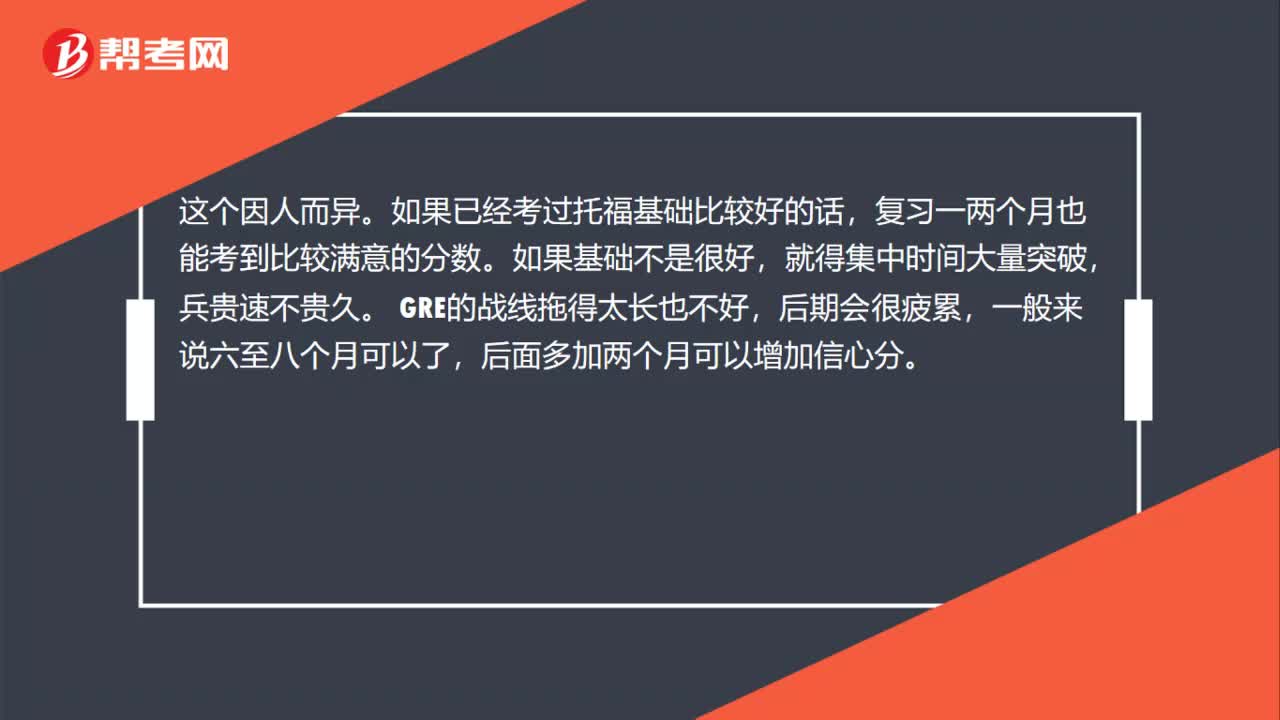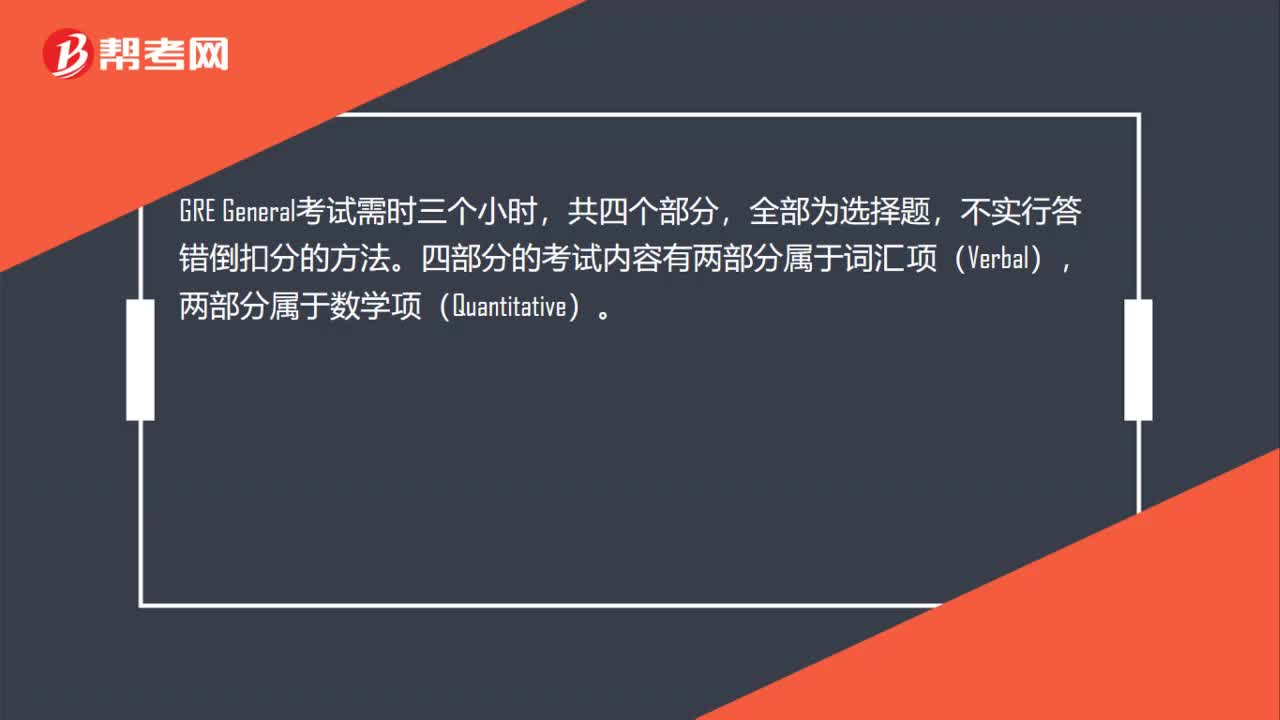
下载亿题库APP
联系电话:400-660-1360

下载亿题库APP
联系电话:400-660-1360

请谨慎保管和记忆你的密码,以免泄露和丢失

请谨慎保管和记忆你的密码,以免泄露和丢失

When research priorities are being set for science, education, or any other area, the most important question to consider is: how many people's lives will be improved if the results are successful?"
To discuss this statement, one must begin with the assumption that resources are limited, as they almost always are, and that therefore research priorities must be set based on those finite resources. Those resources would include the total number of researchers as well as the money available for the research. As an absolute statement, using the basis of the total number of lives improved would at first glance appear to be a simple and clear cut method to determine what priorities are given to what types of research. But in reality, politics, the number of available researchers in a given field and the total funding available all determine to a large extent where research priorities must lie.
Unfortunately, in a great deal of instances, research priorities are increasingly intertwined with governmental politics. As one example, when the Acquired Immune Deficiency Syndrome (AIDS) first appeared, it was seen primarily as a homosexual disease or a disease that afflicted very poor Africans. As a result, politicians saw little reward in pushing for money to fight the disease. In the beginning, very little money was spent on researching the causes and potential cures for this deadly disease. As more and more cases were diagnosed, it eventually became clear that the disease was not limited to poor Africans and homosexuals and it was in fact increasingly spreading to the rest of the population. This motivated politicians to act to spend more money on research to combat AIDS, but it is likely still not enough. If research priorities were based purely on the number of people's lives that could be improved, one would be hard pressed to find a higher priority. The number of people that are infected with HIV, the virus that causes AIDS, is in the hundreds of millions. But as the disease is still seen primarily as one affecting mainly poor Africans, politicians have been reluctant to significantly increase spending on researching the deadly disease.
Another factor that must be considered is the number of researchers available in a given field. If politicians could actually be persuaded to focus on AIDS as their top research priority and dedicated unlimited funding to the project, maybe this would benefit the most people throughout the world. Yet without enough properly trained researchers, all of the money in the world cannot move the research along any faster. Perhaps the money could be used to encourage more highly trained people to enter the field, but that would take years of training before the benefits could be seen.
Finally, the amount of funding available for research has a clear impact on where the research priorities will lie. Politics, the number of researchers and funding are all interwoven together in an inseparable bundle that makes a simple goal such as improving the highest number of people's lives impossible to reach. In many countries, there is simply no money available for research of any kind as they are merely subsistent countries that even lack adequate funding to properly feed their own populations. Other countries may simply lack the desire to spend money on research, preferring to spend money on construction projects or other areas. Without adequate funding where research is done, only certain types of basic level research can be performed. Priorities must be made according to what the government can afford and where its highest potential lies, rather than the absolute number of people that can benefit from such research.
In theory, assigning research priorities by the number of people that will benefit is a practical and simple way to make a decision. In reality, defining which benefits are most important, politics, the number of researchers available and funding make the decision much more difficult. Maybe someday in the future, with technological advances, mankind can afford to make this theory become a reality.
 37
37GRE考试有几种类型?:GRE考试有几种类型?GRE考试分两种(平常所说GRE考试都是指General test):一般能力或称倾向性测验(General test或Aptitude Test;专业测验或称高级测验(Subject。Test或Advanced Test)
 44
44GRE考试一般要准备多久?:GRE考试一般要准备多久?这个因人而异。如果已经考过托福基础比较好的话,复习一两个月也能考到比较满意的分数。如果基础不是很好,就得集中时间大量突破,兵贵速不贵久。GRE的战线拖得太长也不好,后期会很疲累,一般来说六至八个月可以了,后面多加两个月可以增加信心分。
 38
38GRE考试需要几个小时?:GRE考试需要几个小时?GRE General考试需时三个小时,共四个部分,全部为选择题,不实行答错倒扣分的方法。四部分的考试内容有两部分属于词汇项(Verbal),两部分属于数学项(Quantitative)。